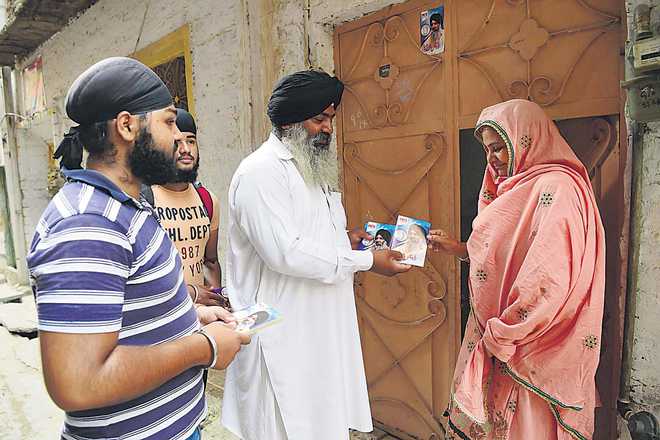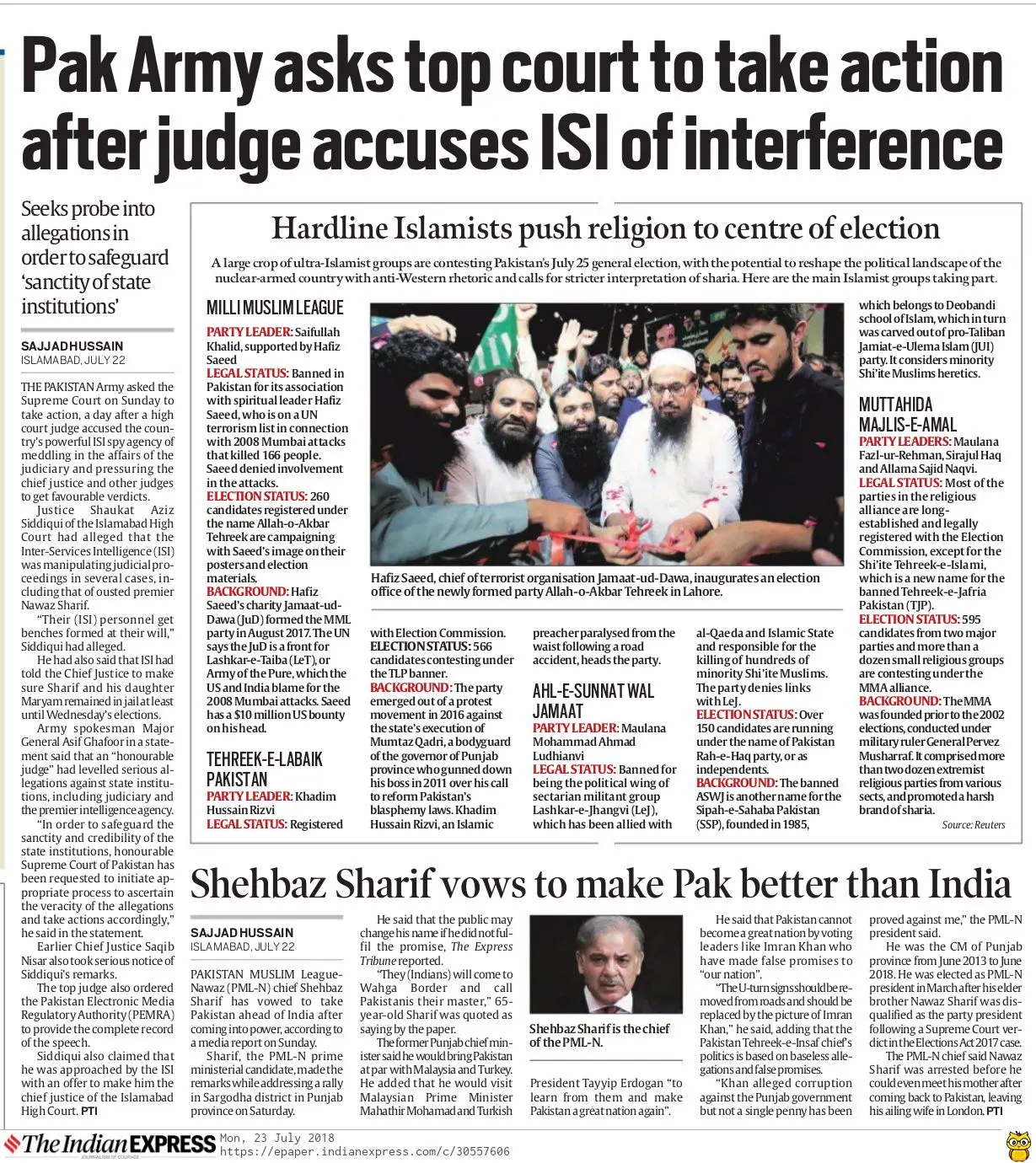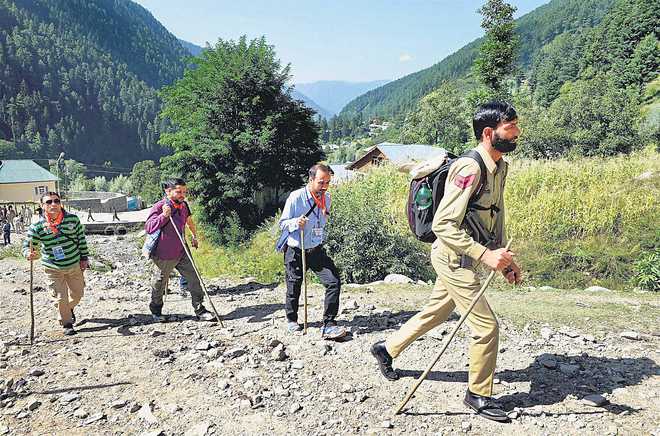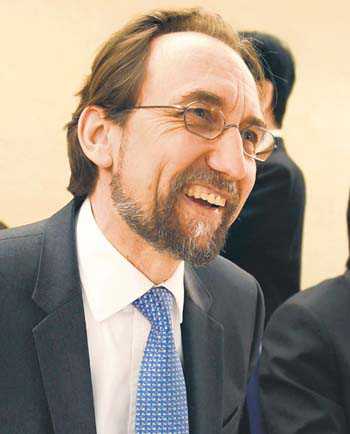Army, Navy & Air Force have to climb out of their respective silos, cease empire building, and create a joint plan to address military angst
Military officers have asked for parity with IAS and IPS officers, complaining time and again that they don’t climb ranks fast enough. The anger at the civil services, however, doesn’t justify the solutions the armed forces seem to be identifying for their ailments.
The latest attempt to find a solution has resulted in a proposal to do away with the rank of the Army brigadier. A study was commissioned by chief Bipin Rawat last month to help with the cadre restructuring. It also sought to address the three main issues plaguing the armed forces for more than 30 years: degradation of ranks, lower pay scales, and warrant of precedence.
The angst due to these issues has been most apparent ever since the deployment of the armed forces, especially the Army, increased exponentially. In military law, this is called ‘aid to civil authority’ or the deployment of armed forces for the aid of the government and the community. This ‘aid’ has become well-nigh permanent in India, as have ranks, precedence, and pay scales.
The Army seems to be copying the Joneses by proposing to prune the number of ranks so as to bring a semblance of equality with the civil services. Not a good starting point at all. Especially since the Indian military is an age-old institution which has barely been tinkered with in terms of structure, deployment and functioning.
It remains largely the expeditionary force it was created as in the pre-World War I era. Therefore, even today, the armed forces remain expeditionary in structure, command, and control. But the Indian state, which governs the military, is now largely insular, and that is where the civil-military complications become acuter.
In the largely internal deployment of the armed forces, motivated and bright officers meet their civilian counterparts who head districts, as collectors or as police chiefs. The comparison begins there: A young captain, who wears the rank of a second-in-command in the Army, and the superintendent of police, who is a three-star officer, after the same number of years in service.
As both IAS and IPS officers go up in the ranks of service, the gap in seniority gets wider and at a faster pace.
This resentment gives rise to the anger and frustration in the armed forces. More fire-fighting attempts are made to gain parity and rejoin the race. But each attempt completely misses the crucial point– there need not be a race at all.
By no stretch of imagination can the armed forces be equated with the UPSC-selected civil or police service. Their roles are completely different, and those who have joined the various services have done so voluntarily, knowing what the qualifications needed are.
When the basic requirement of soldiering are at complete variance with civil administration, why should the armed forces be seeking parity in the first place? And if they are seeking parity, it means that there has been a degradation for which the society and the leadership of the armed forces are responsible.
These dilutions and diminishing of ranks haven’t happened overnight, but are the result of political oversight, civilian manipulation, and a lot of military ignorance in governance. The solution then cannot come from within the military alone but also has to come from the government.
Cadre reviews of the past ultimately became sops for a few ranks, looked good for some years, and then horrendously unwieldy as time went by. The current cadre review and the tentative proposals in it appear to be headed in the same direction. In lay terms, it is simply denting work, rather than anything substantive.
For anything substantial to happen, the armed forces will first have to set up a joint committee to oversee any cadre review. Only the Navy, Air Force, or the Army doing it alone, as in this case, simply perpetuates the problem. After all, the three services have to work closer together than with any other government bodies. Which means they need to be on the same page and seniority in order to arrive at a solution. The Army jettisoning one rank complicates the problem further since their equivalent ranks will continue to exist in the Navy and Air Force, with military protocol and precedence under greater stress.
The three services should climb out of their respective silos, cease empire building, and formulate a joint plan. Since silos and empires are not easy to destroy, the three services can first prepare for a separate armed forces pay commission. The success of which will pave the way for greater cooperation, integration and hopefully, modernisation of the military structure.
Precedence and parity will be a hole-in-one after that.
Manvendra Singh is editor-in-chief of Defence & Security Alert. He is presently a BJP MLA in the Rajasthan assembly and former member of the Parliament Standing Committee on Defence.

























































































































